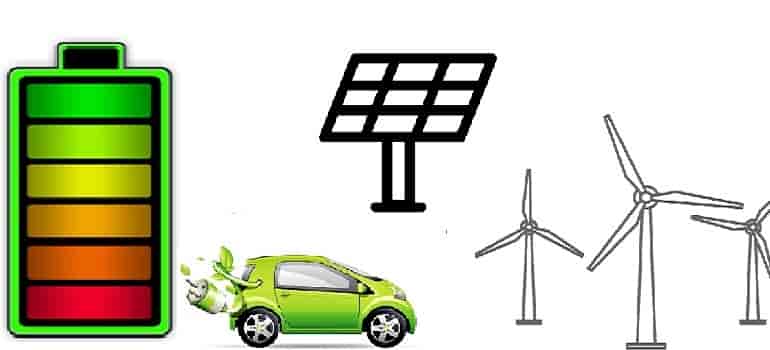Partnership aims to boost domestic production of LLZO, ensuring a sustainable and self-reliant future for India’s EV industry.
In a major development for India’s electric vehicle (EV) ambitions, Indian Institute of Technology Roorkee (IIT Roorkee) and EnrgEnv Smart Chemicals and Materials Pvt. Ltd. (EnrgEnv) have signed a Technology Transfer Agreement. This agreement focuses on a revolutionary solid electrolyte technology for Li-ion batteries, developed by Prof. Paritosh Mohanty and Ms. Bishnupriya Swain at IIT Roorkee.
Solid Electrolytes: A Game Changer for EVs
The key to this collaboration lies in the invention of a low-temperature method for synthesizing Lithium Lanthanum Zirconium Oxide (LLZO) and doped-LLZO. LLZO is a critical component for solid-state Li-ion batteries, offering significant advantages over conventional liquid electrolytes. These advantages include improved safety, higher energy density, and faster charging times – all crucial factors for making EVs more efficient and appealing to consumers.
EnrgEnv: Bridging the Gap for Domestic Production
Manas Ranjan Katual, Co-founder of EnrgEnv, highlights the impact of this technology transfer: “This is a game-changer for sustainability and our company. Currently, India lacks domestic manufacturers of LLZO. This breakthrough will not only accelerate self-reliance but also drive sustainable growth for India’s green future.”
Collaboration Creates a Path to Progress
Both IIT Roorkee and EnrgEnv acknowledge the significance of this collaboration. Prof. Akshay Dvivedi, Dean of SRIC at IIT Roorkee, emphasizes, “These technologies exemplify innovation and propel India towards a self-reliant future. By collaborating with industry, we’re driving progress and sustainability for the nation.”
Prof. K.K. Pant, Director of IIT Roorkee, takes the vision a step further, stating, “This is beyond innovation; it’s a pathway to inclusive growth. Producing LLZO domestically will significantly reduce reliance on external sources for Li-ion battery fabrication. This aligns with national priorities, fosters self-reliance, strengthens the foundation for sustainable progress, and accelerates the transition to renewable energy.”
The development of solid electrolytes holds immense potential for India’s EV sector. This collaboration between a leading research institute and a promising startup paves the way for domestic production, reduced reliance on foreign imports, and ultimately, a greener future powered by clean energy.


